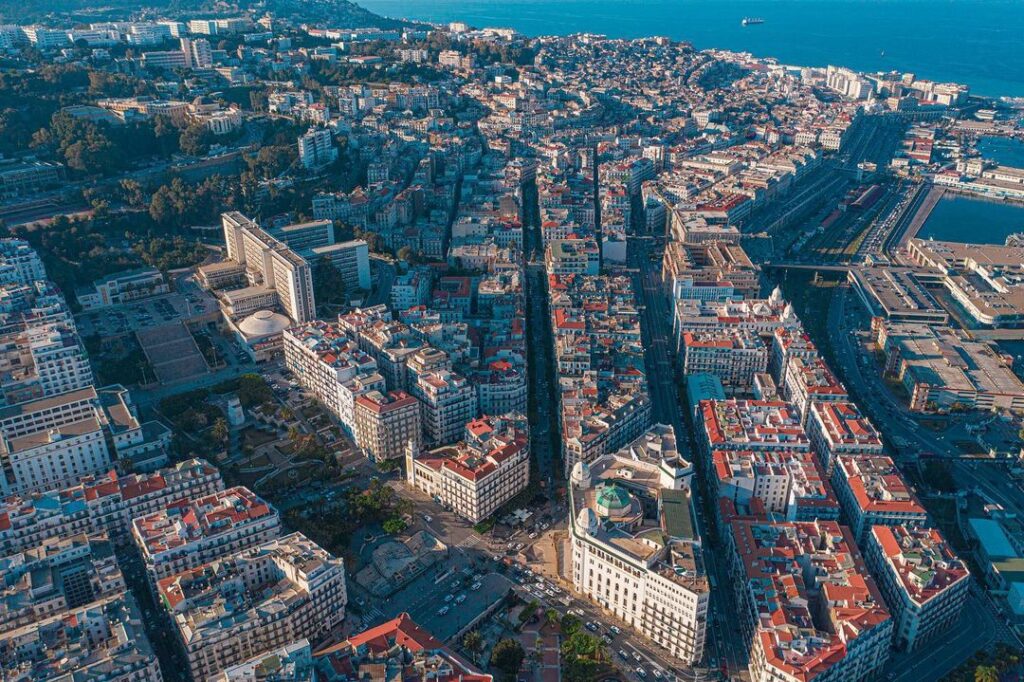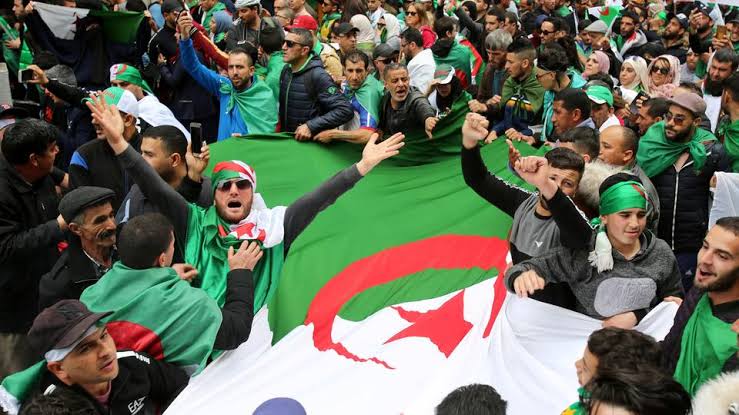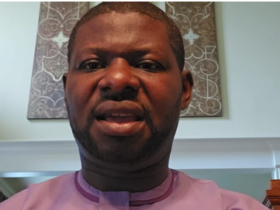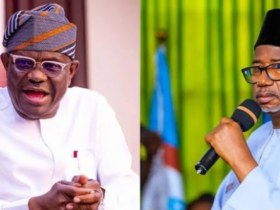
Algerian government under the leadership of President Abdelmadjid Tebboune has distinguished itself with a robust welfare system, providing a monthly allowance of $97 to unemployed youths, while Nigeria grapples with soaring youth unemployment rates and a minimum wage far below international standards.
Under Tebboune’s leadership, Algeria boasts a minimum wage of $149 per month, offering a semblance of financial stability to its citizens. In contrast, Nigeria, under the governance of Tinubu, faces significant challenges in providing adequate employment opportunities, with a minimum wage of less than $25.
Despite efforts by organized labour, represented by the Nigerian Labour Congress and Trade Union Congress, to advocate for a new minimum wage of N615,000, implementation has yet to materialize, leaving many workers financially strained.

According to data from the National Bureau of Statistics in Nigeria, the youth unemployment rate climbed to 8.60 percent in the third quarter of 2023, highlighting the pressing need for effective employment policies.
Algeria’s socio-economic landscape also stands out with 100% electricity access and Africa’s highest average life expectancy of 78 years. Additionally, the threshold for income tax exemption, set at $216 monthly, offers relief to low-income earners.
Furthermore, Algeria’s foreign reserves of $64.6 billion signal a robust economic foundation, providing stability and potential for growth.








Leave a Reply